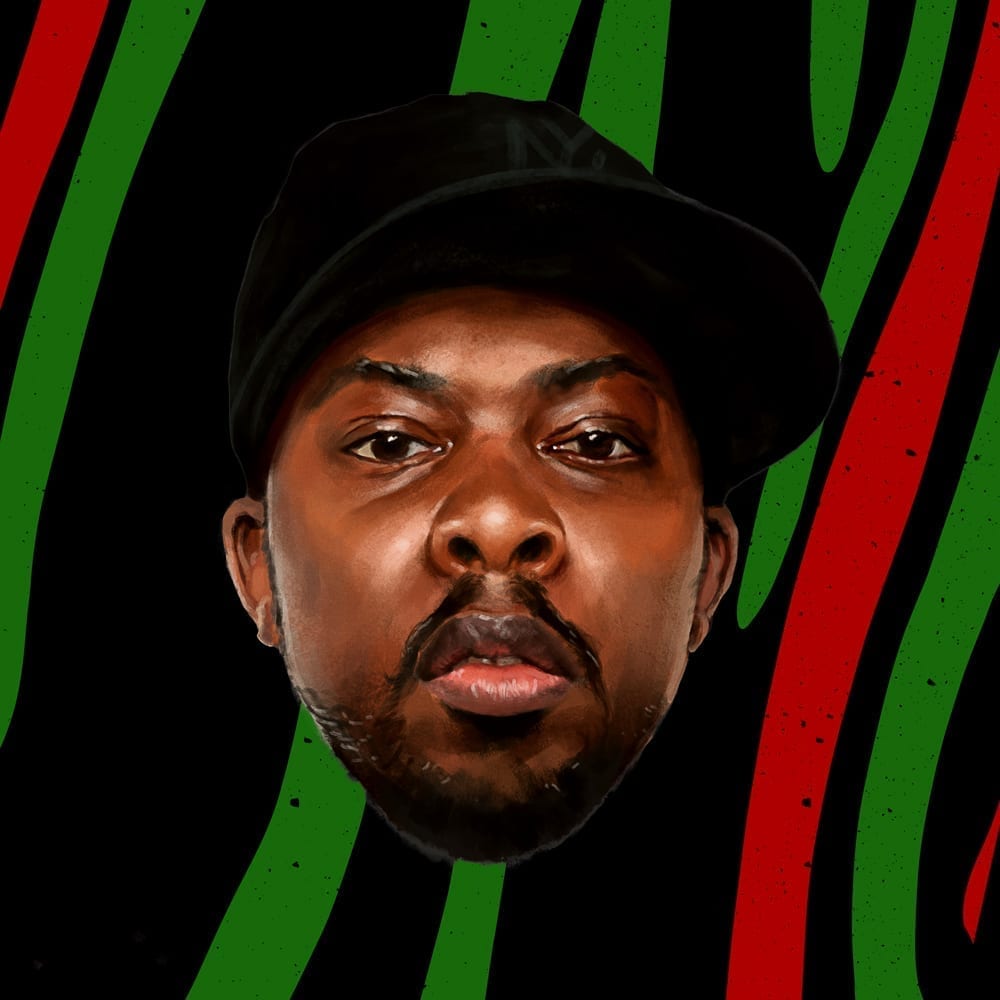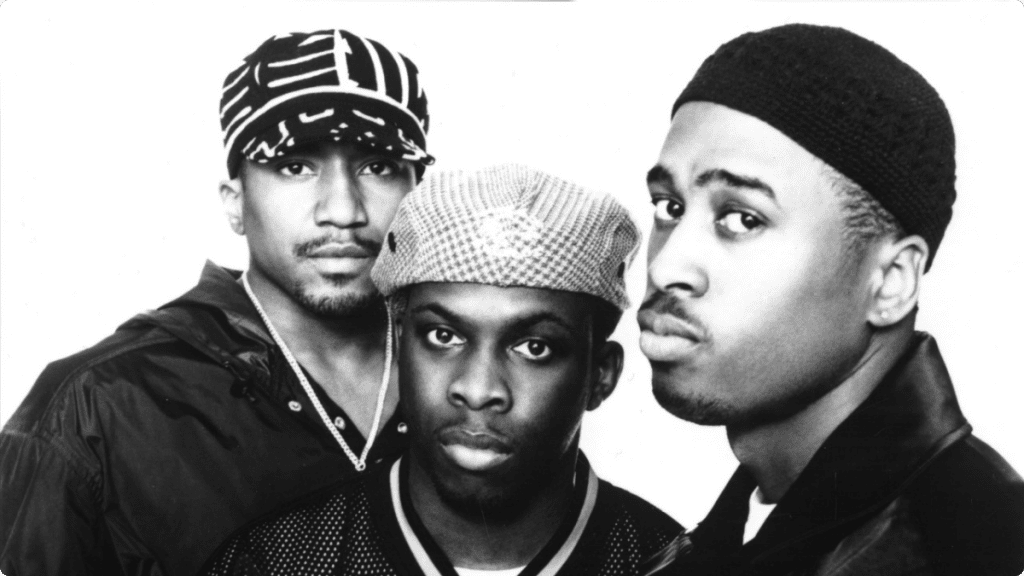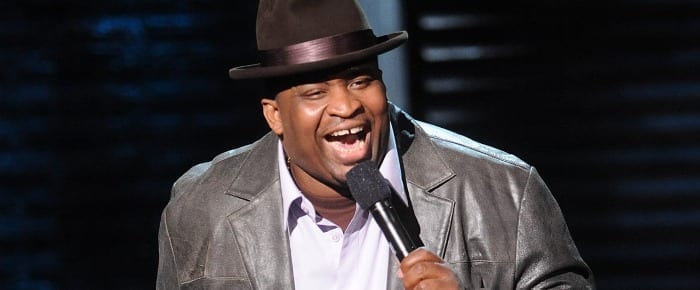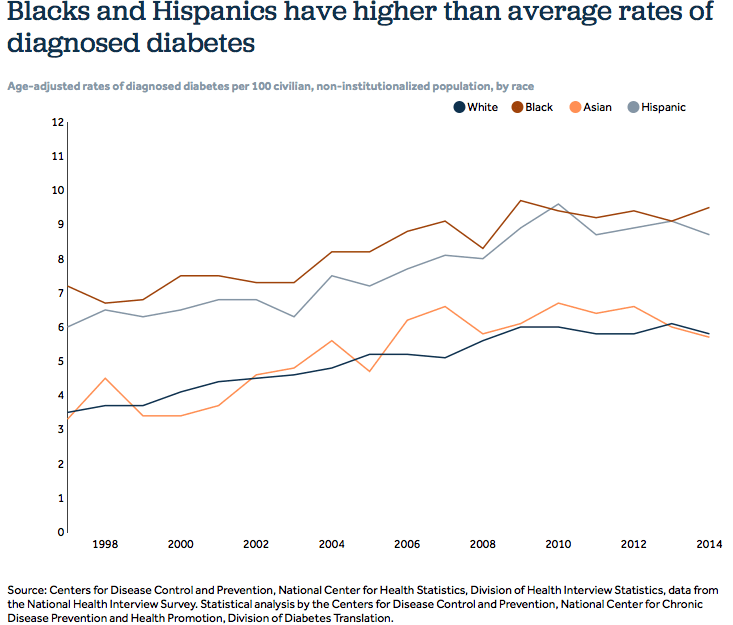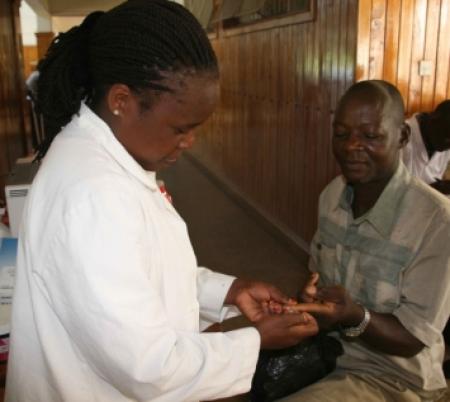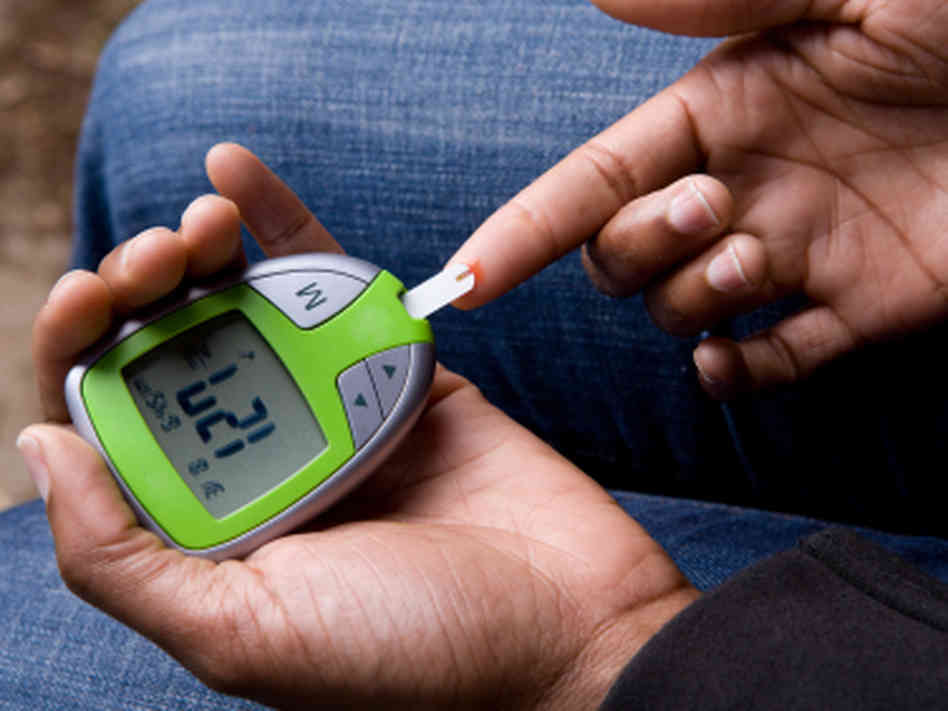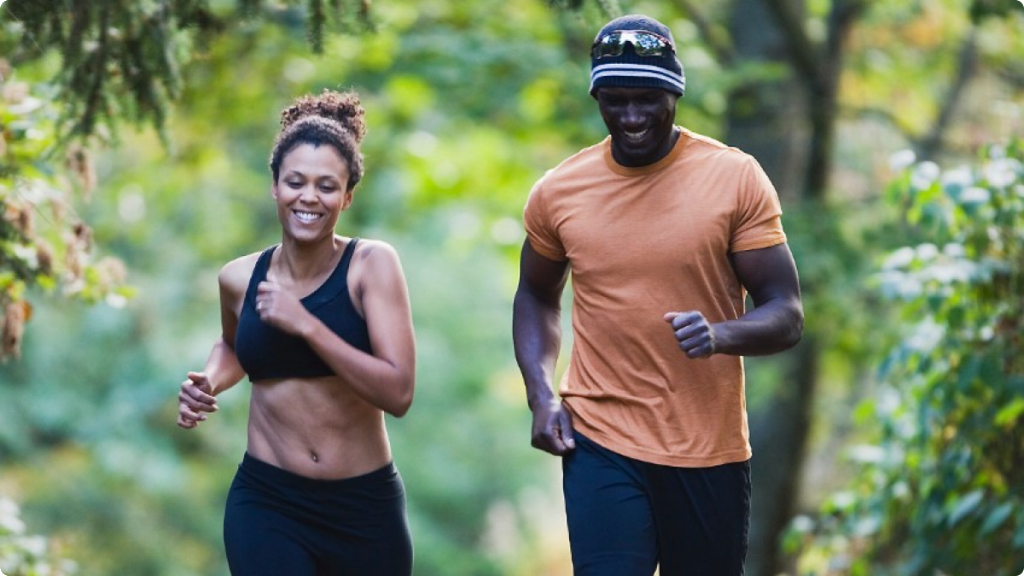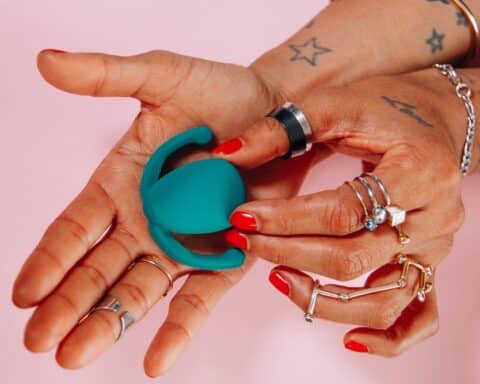Like many of you, I was greeted by sad news this morning. Phife Dawg of the legendary group, A Tribe Called Quest, had passed away from medical complications caused by diabetes. He was only 45 years old. Phife had been battling diabetes mellitus type 1 since he was first diagnosed in 1990, the year that Tribe’s first album dropped.
 Phife’s condition was hereditary (his mother had diabetes) and it was exacerbated by his hectic touring schedule which caused him to eat large amounts of fast food. In a 2010 interview , he said, “I was still waking up to a glass of Quik, you know what I’m saying? Oreo cookies for breakfast, just stupid shit. It didn’t make it any better that we were on the road performing, eating KFC, McDonalds, shit like that and I was going hard when we was younger”. At some point, his kidneys began to fail and in 2004 he started dialysis. Eventually, his wife became his donor and gifted him with one of her kidneys. He drastically improved his eating habits and seemingly regained control over his diabetes before A Tribe Called Quest’s reunion in 2008. Sadly, that wasn’t enough to prolong his life into old age.
Phife’s condition was hereditary (his mother had diabetes) and it was exacerbated by his hectic touring schedule which caused him to eat large amounts of fast food. In a 2010 interview , he said, “I was still waking up to a glass of Quik, you know what I’m saying? Oreo cookies for breakfast, just stupid shit. It didn’t make it any better that we were on the road performing, eating KFC, McDonalds, shit like that and I was going hard when we was younger”. At some point, his kidneys began to fail and in 2004 he started dialysis. Eventually, his wife became his donor and gifted him with one of her kidneys. He drastically improved his eating habits and seemingly regained control over his diabetes before A Tribe Called Quest’s reunion in 2008. Sadly, that wasn’t enough to prolong his life into old age.
His passing reminded me of the death of Patrice O’Neal, one of my favorite comedians. Patrice was diagnosed with type 2 diabetes in his early twenties and died at 41.
I’m 37-years old now, and thankfully, in good health. So as far as I’m concerned, these guys were way too young to die. Unfortunately, diabetes is one of the most life-threatening health problems plaguing the Black community today. Over ninety percent of people who have the disease suffer from type 2 diabetes. This is largely the result of excess body weight and lack of physical exercise. According to the American Diabetes Association, Type 1 diabetes is usually diagnosed in children and young adults, and was previously known as juvenile diabetes. Only five percent of people with diabetes have this form of the disease.
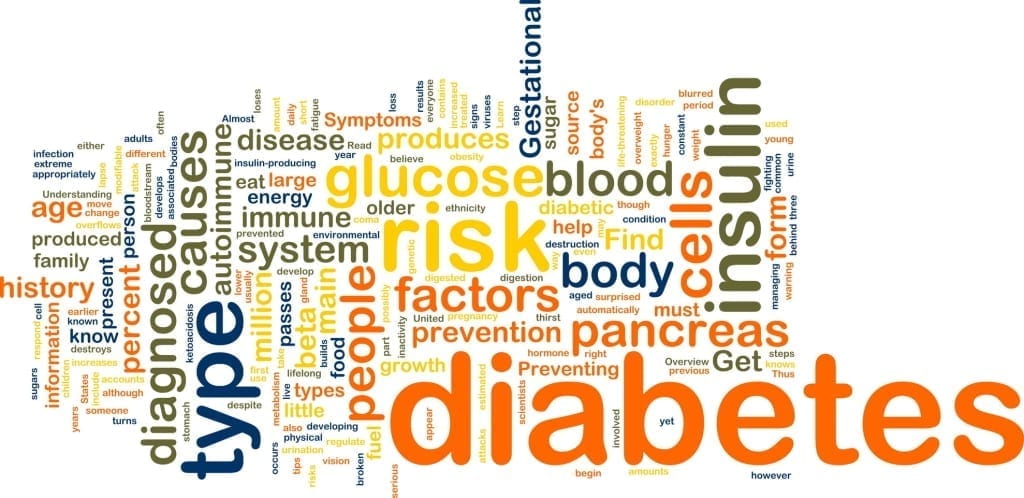
Compared to the general U.S. population, African Americans are disproportionately affected by diabetes. According to the U.S. Department of Health and Human Services’ Office of Minority Health (OMH) website, “African Americans are almost twice as likely to be diagnosed with diabetes as non-Hispanic whites. In addition, they are more likely to suffer complications from diabetes, such as end-stage renal disease (ESRD) and lower extremity amputations. Although African Americans have the same or lower rate of high cholesterol as their non-Hispanic white counterparts, they are more likely to have high blood pressure.”
End-stage renal disease (ESRD) signifies that the kidneys are barely or no longer functioning after about 10-20 years of chronic kidney disease. Without dialysis or a kidney transplant, ESRD leads to death. According to statistics from the Centers for Disease Control and Prevention (CDC), ESRD related to diabetes is about 170% higher in black men than in White men and about 131% higher in black women than in White women.
Diabetes isn’t exclusive to the Western world though. This health condition is also becoming more prevalent in African countries. A report by the International Diabetes Federation (IDF) states that the African continent counts approximately 13.6 million people with diabetes. Nigeria has the highest number of people with diabetes(with approximately 1.2 million people affected).
In Ghana, a large percentage of the population suffers from type 2 diabetes. According to Elizabeth Denyoh, president of Ghana’s National Diabetes Association, the country has no national diabetes program. Denyou said, “In Ghana, most people diagnosed with diabetes are the poorest of the poor. There is a lot of Type 1 diabetes in rural areas. ” Type 1 diabetes, although still rare in many areas, is becoming increasingly more prevalent. IGT (Impaired Glucose Tolerance) is also becoming problematic in many African countries. This counters the prevailing myth that diabetes is solely a disease of the wealthy west.
In numerous interviews (3 min mark), Phife mentioned how he used his celebrity as a platform to raise diabetes awareness. He said that he would love it if he could inspire others with the condition and let them know that they can still achieve their dreams and desires despite the hardships that come with diabetes. Like Phife, there are many other well known individuals who have been affected by diabetes directly or indirectly. Many are using their popularity as a platform to raise awareness.
For example, Lil Jon raised money the American Diabetes Association during his stint on The Apprentice. His now deceased mother had type 2 diabetes and suffered a stroke while they were the taping a season of the show. He went on to raise $195,000 for the cause. A lot of women also struggle with diabetes. There are many problems that are associated with this. It is always best to look into finding help. For example, you may struggle with having an over active bladder due to diabetes. If you are looking for help, you might want to look into a site like https://www.advancedurology.com/.
 Dennis Coles aka Tony Starks aka Ghostface Killah of the Wu Tang Clan, was diagnosed with type 1 diabetes in 1996. In a 2005 interview about his condition, he said “I didn’t know what that shit was.” He went to two doctors before it was detected. “My sugar was mad high, but it was a little relief to know what it was.” His doctor prescribed insulin along with a healthier regiment. “That meant putting down the blunts and cutting back on the alcohol and sweets.” It’s about discipline”, said Ghost. “You can quit the cigarettes and all that other shit but as a diabetic you fiend for sweets. When you sitting at the crib staring at them Oreos, you gonna fuck around and go in. You want those Fruity Pebbles and all that shit. I had to learn how to just chill, exercise, drink protein shakes and monitor my sugar.”
Dennis Coles aka Tony Starks aka Ghostface Killah of the Wu Tang Clan, was diagnosed with type 1 diabetes in 1996. In a 2005 interview about his condition, he said “I didn’t know what that shit was.” He went to two doctors before it was detected. “My sugar was mad high, but it was a little relief to know what it was.” His doctor prescribed insulin along with a healthier regiment. “That meant putting down the blunts and cutting back on the alcohol and sweets.” It’s about discipline”, said Ghost. “You can quit the cigarettes and all that other shit but as a diabetic you fiend for sweets. When you sitting at the crib staring at them Oreos, you gonna fuck around and go in. You want those Fruity Pebbles and all that shit. I had to learn how to just chill, exercise, drink protein shakes and monitor my sugar.”
Let me be clear: this isn’t some pathological problem that’s simply impacting our community. Black people are dying and developing poor health, largely because of racism and oppressive systems. There are virtual food deserts in many Black communities across the U.S. Young people consume high amounts of soda and candy and other crap. There are rarely any healthy food options, let alone affordable options in many of our communities.
Most of us know someone or have someone close to us who are diabetic, if we’re not diabetic ourselves. If you are not sure whether you are diabetic, there are plenty of diabetic supplies on the market you can test yourself with. Eating habits are hard to break, especially considering the fact that sugar is literally in everything we consume. The impact of everyday racism and classism have a way of negatively impacting our immune systems and the physiological functions of our bodies. But to know better is to do better. Let’s all do what we can to prevent another loss like this. If you want to know about some Black owned businesses that are committed to health and wellness, check out our previous post.
To address this growing epidemic, the American Diabetes Association has created programs and materials to increase awareness of the seriousness of diabetes and its complications among African Americans. Learn more here.
Correction: An earlier version of this post stated that Phife had type 2 diabetes instead of type 1.

